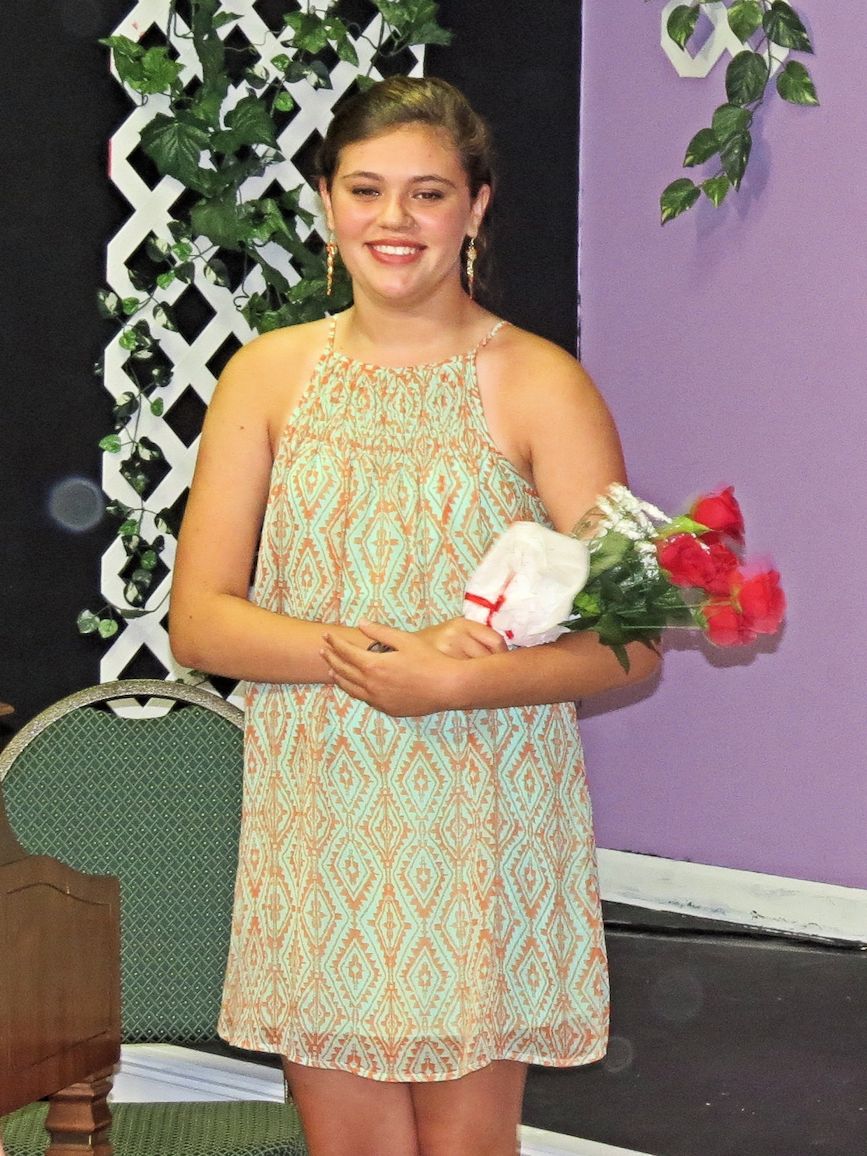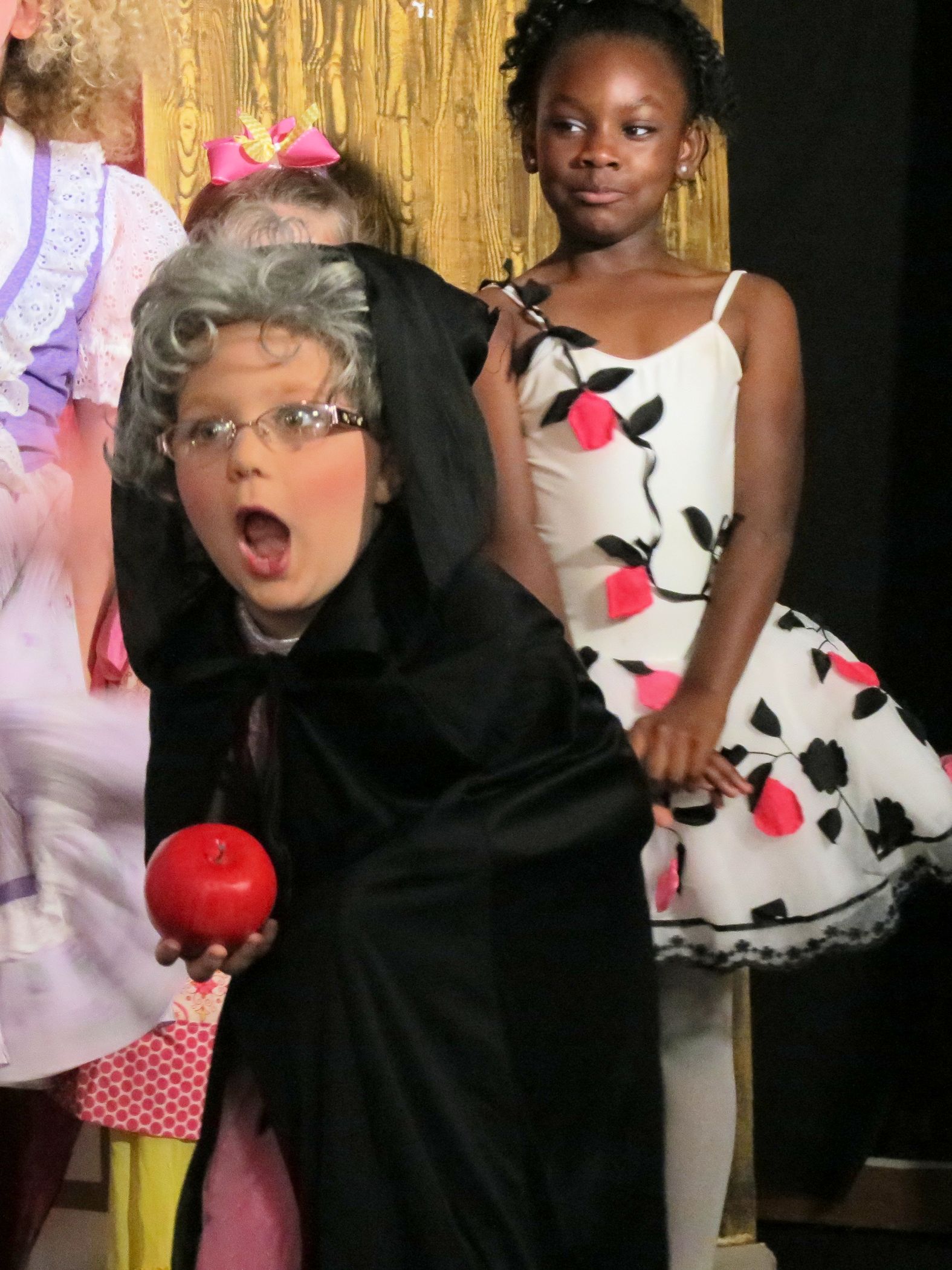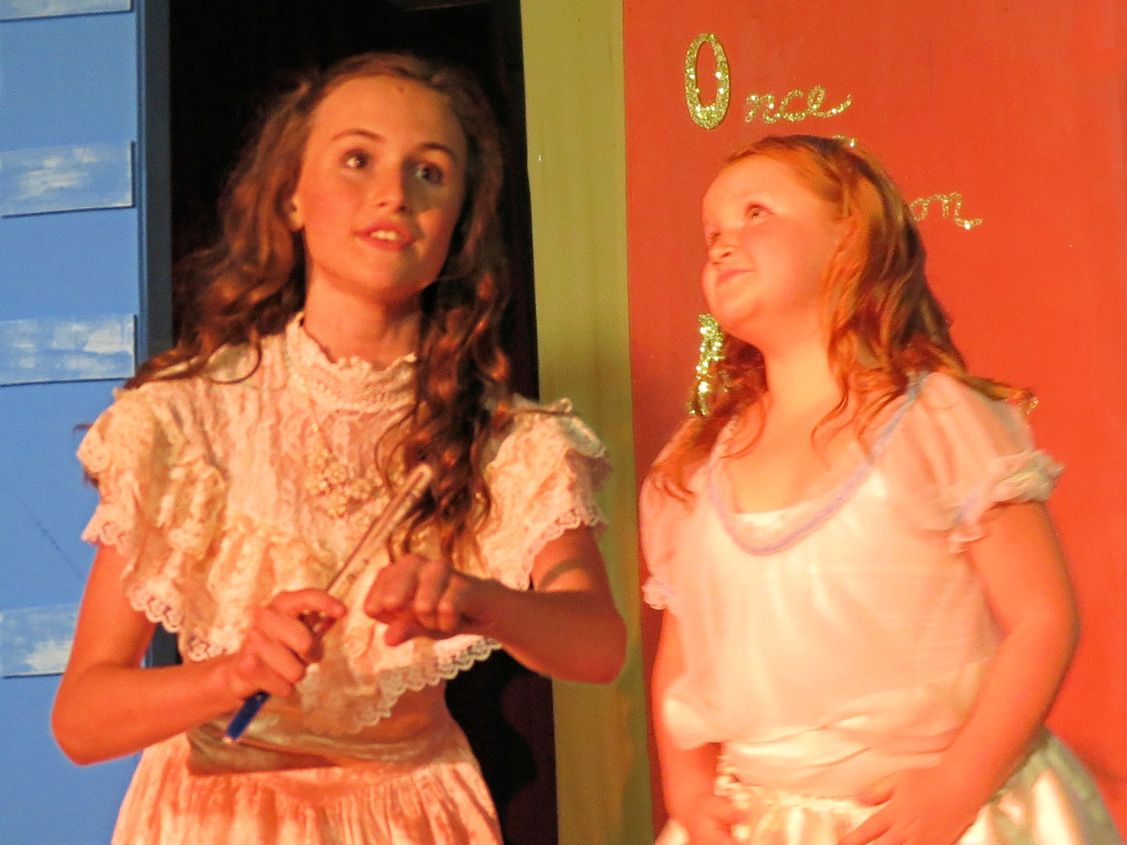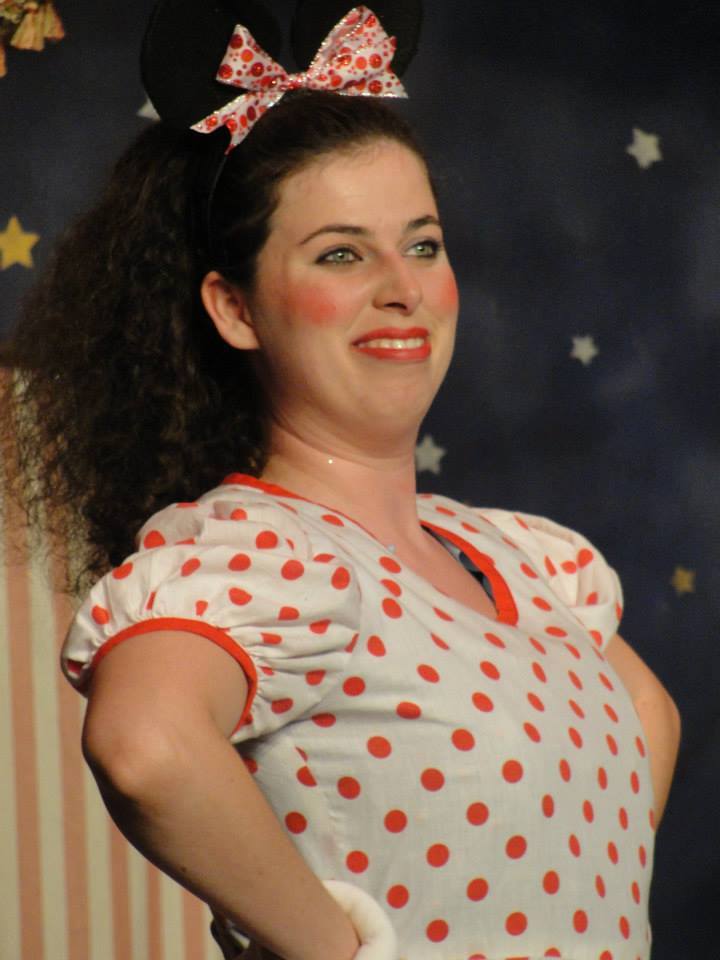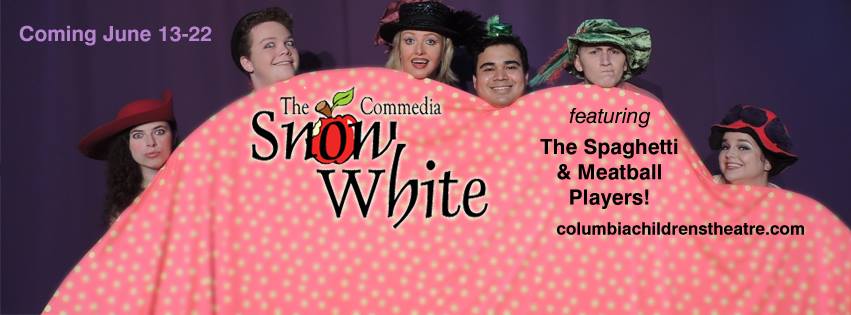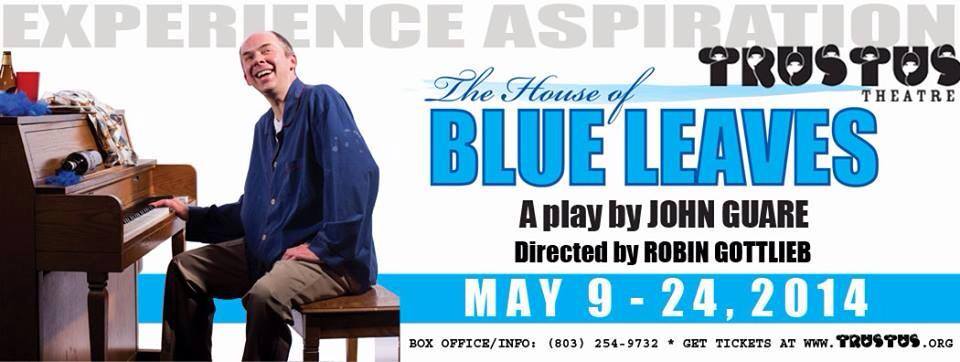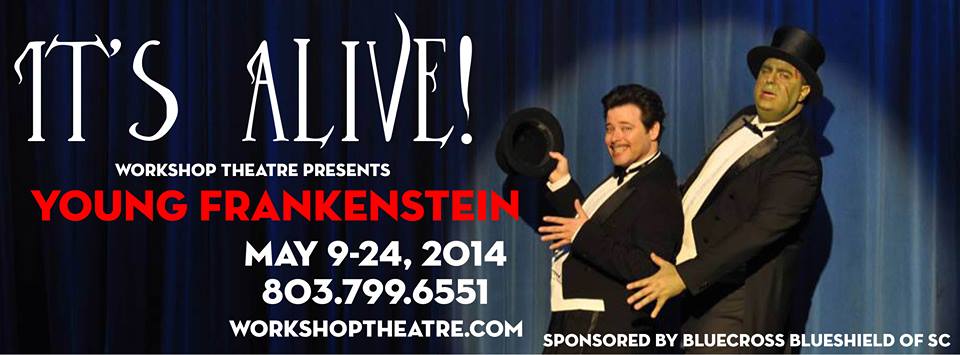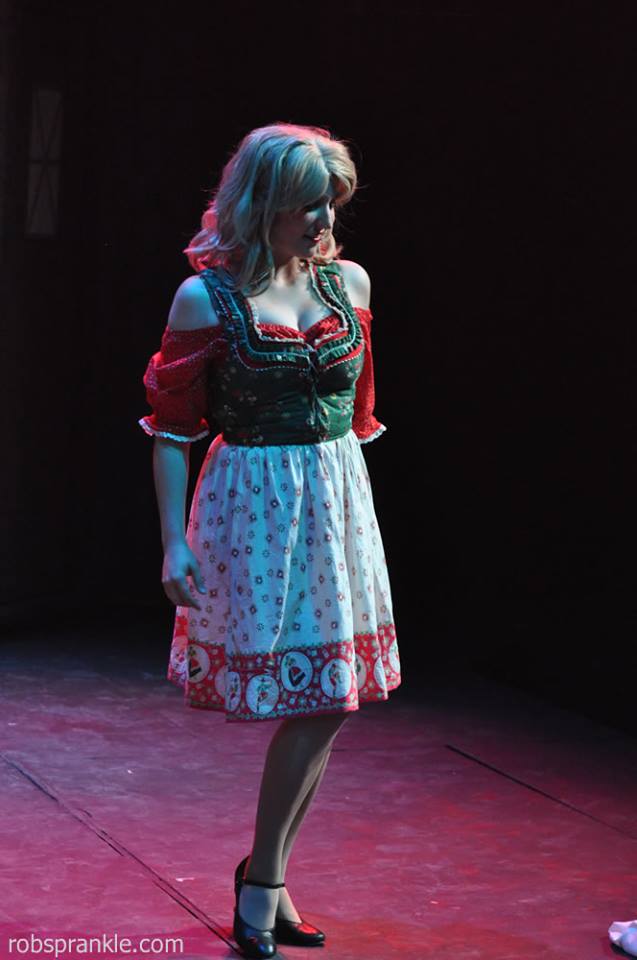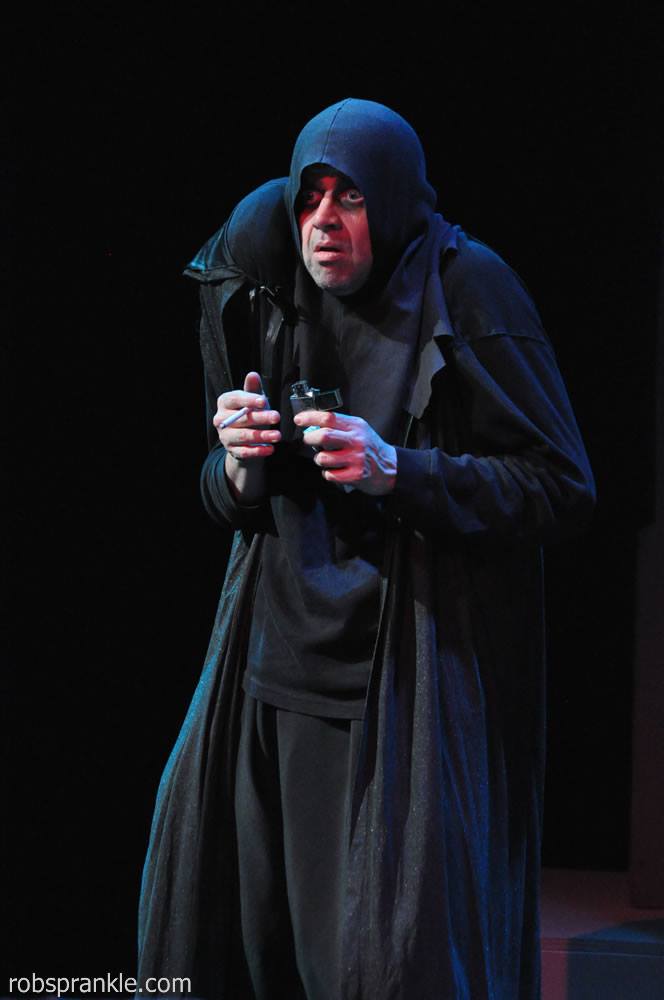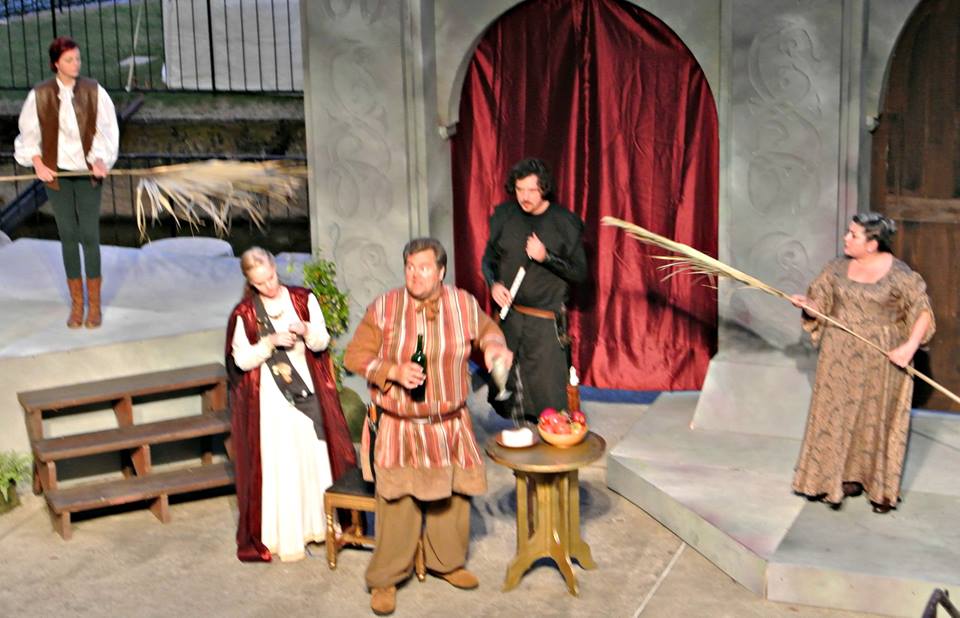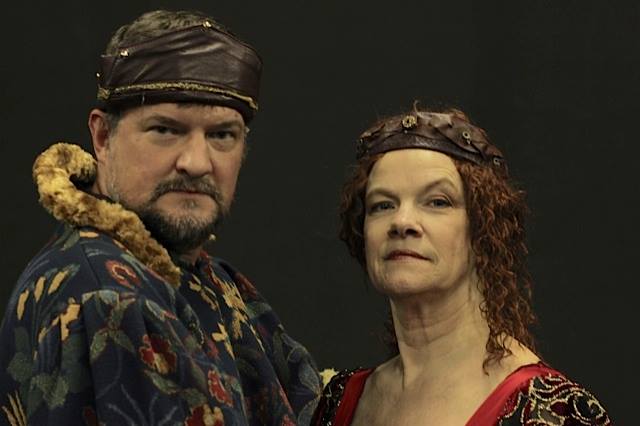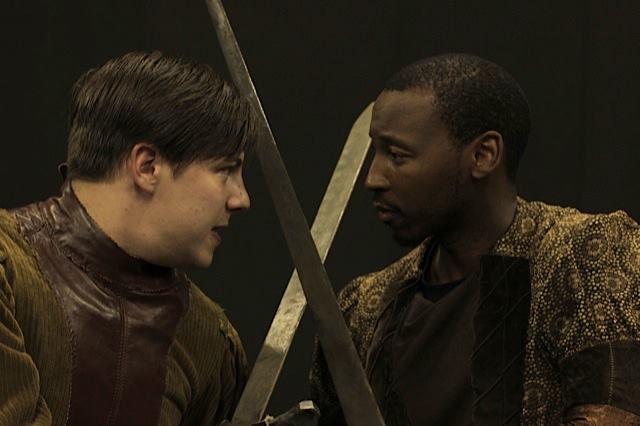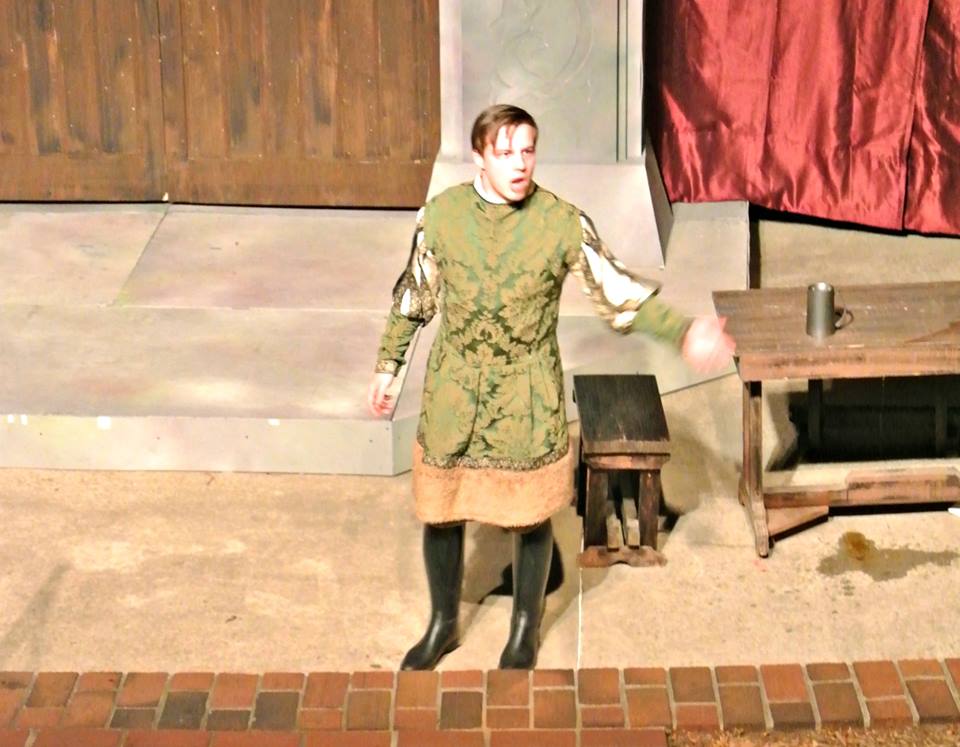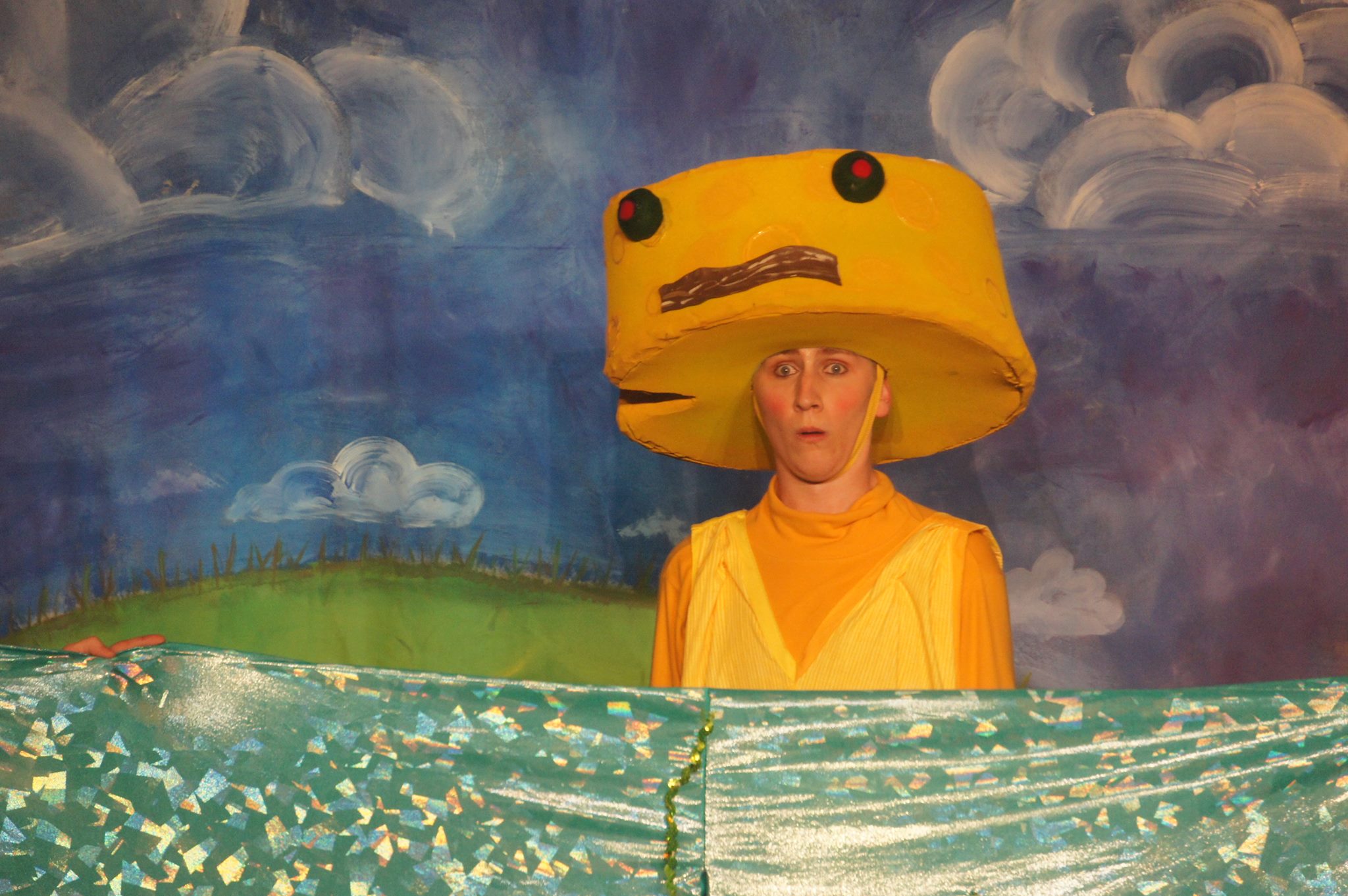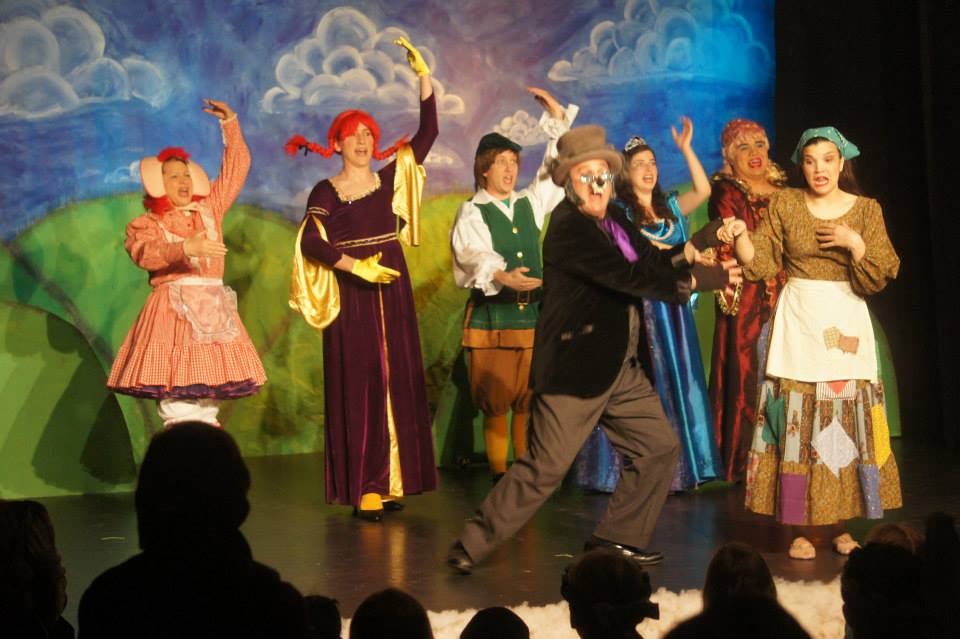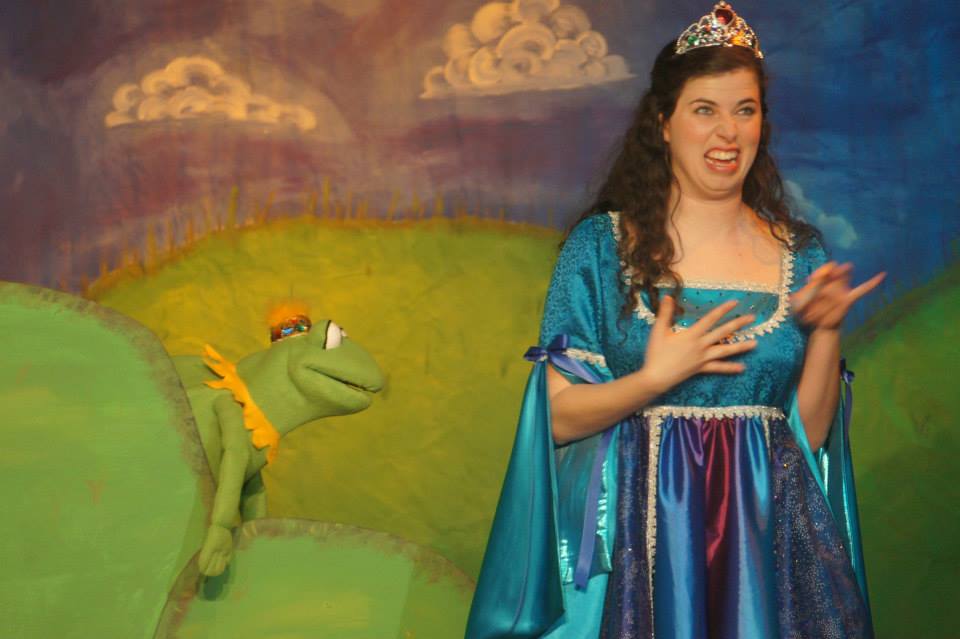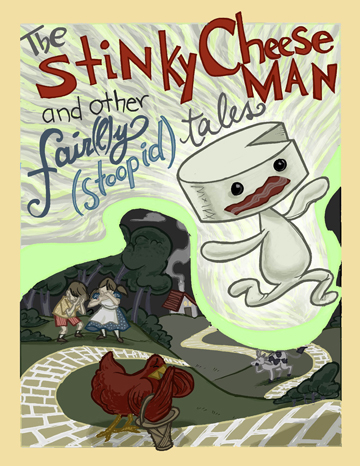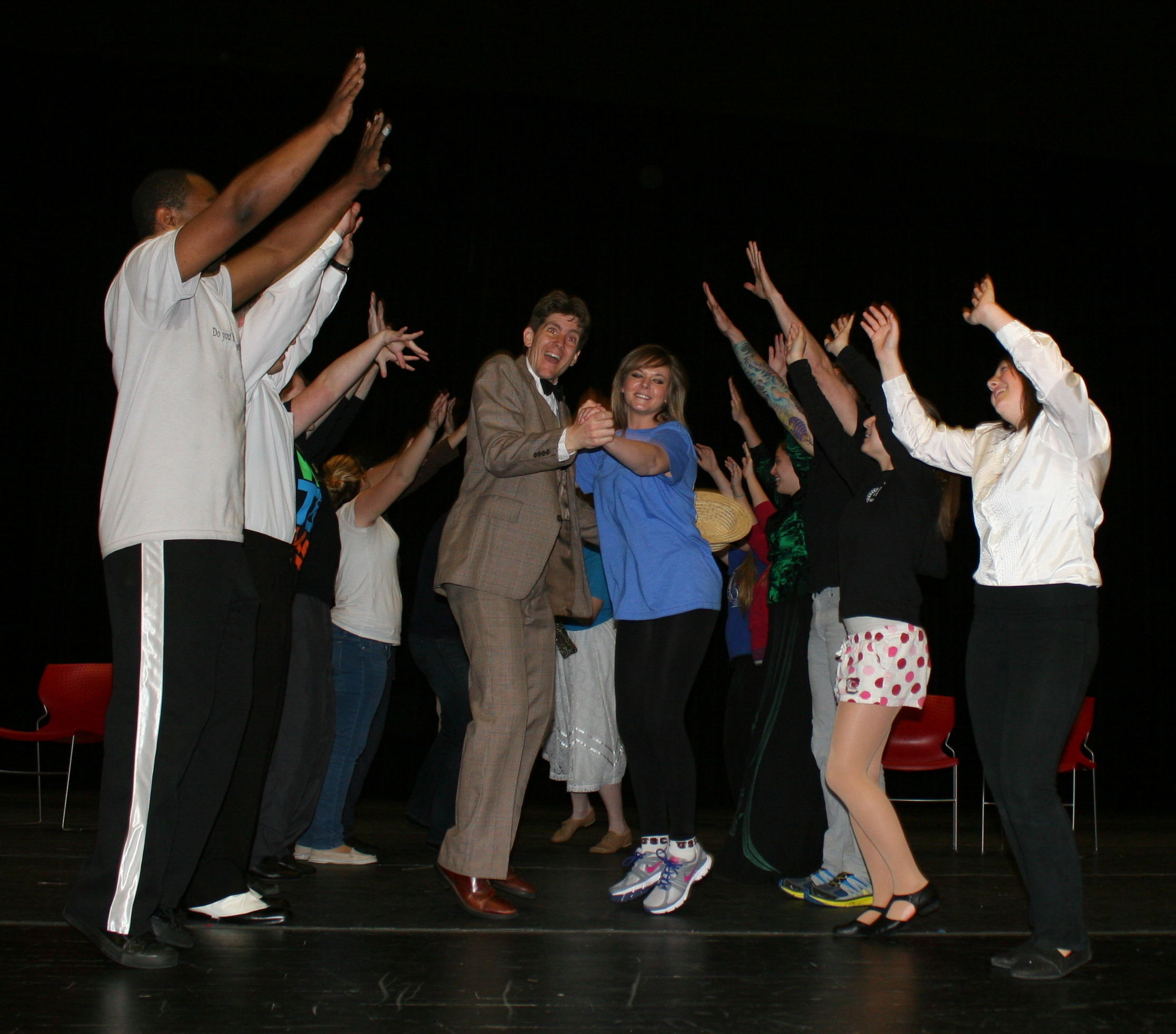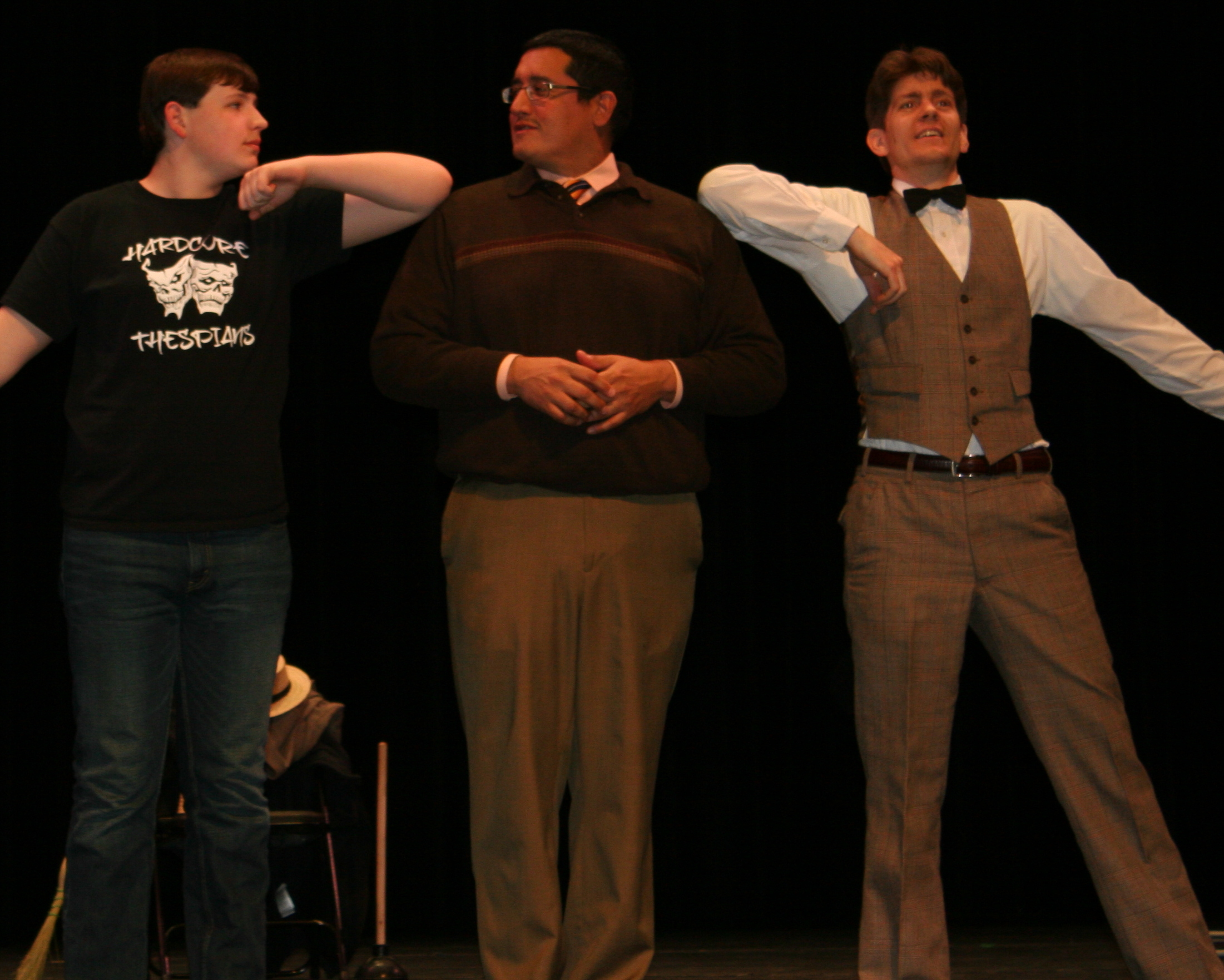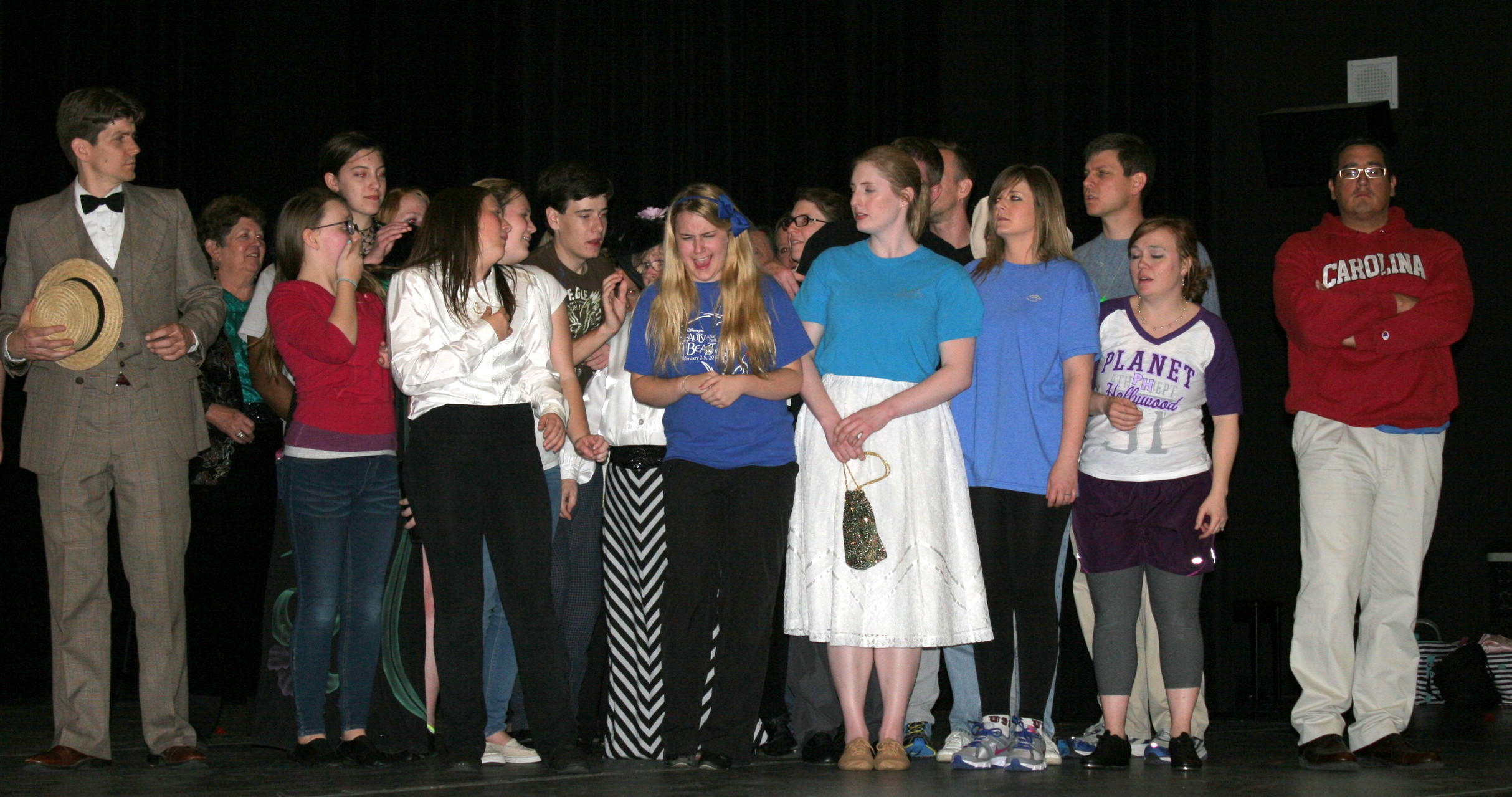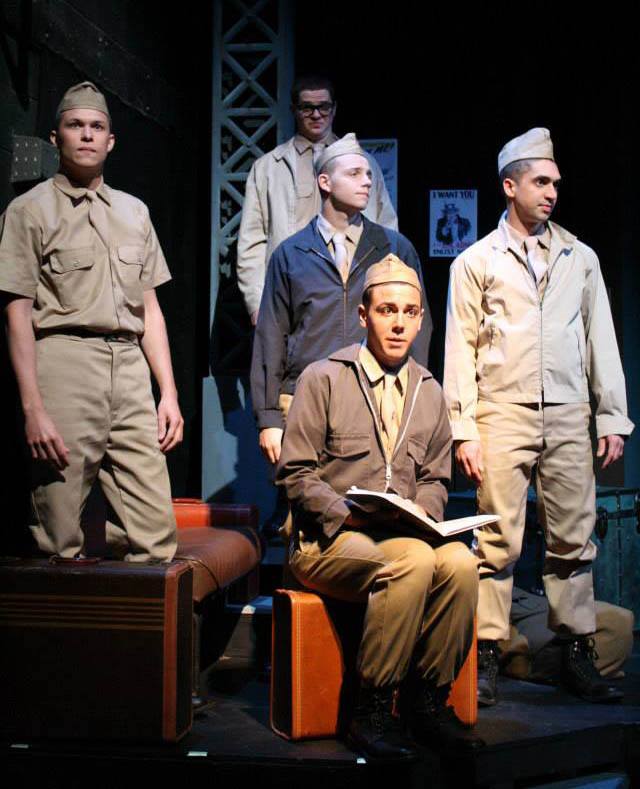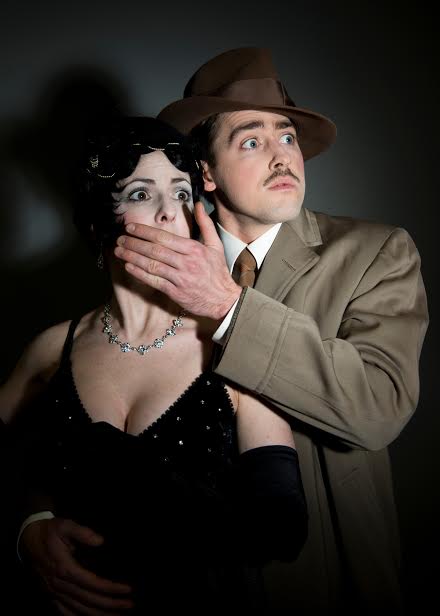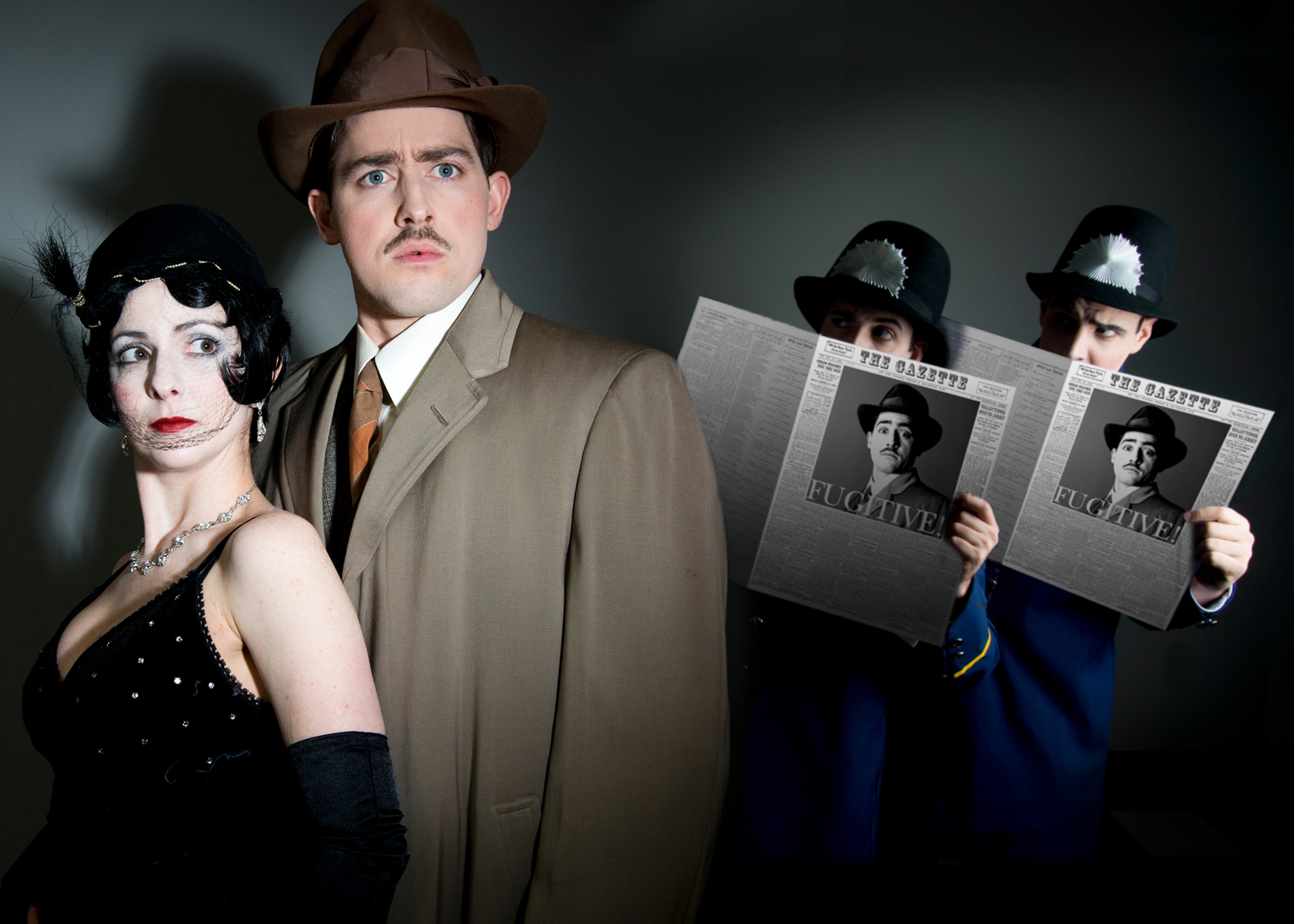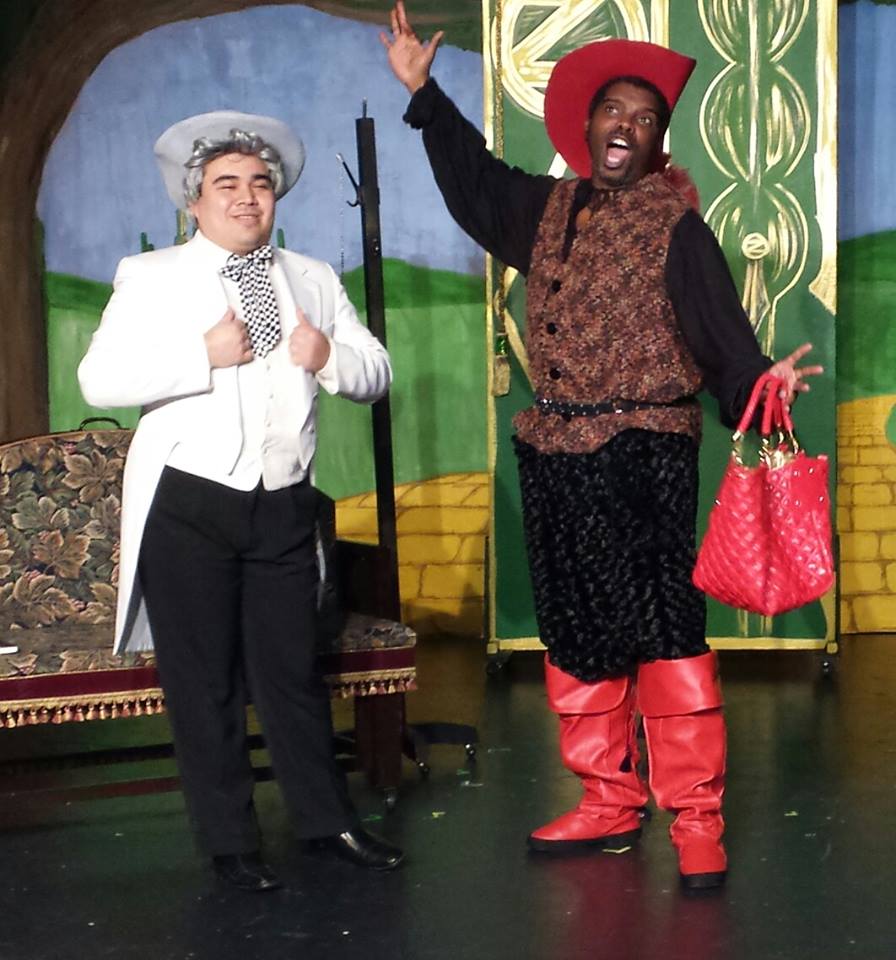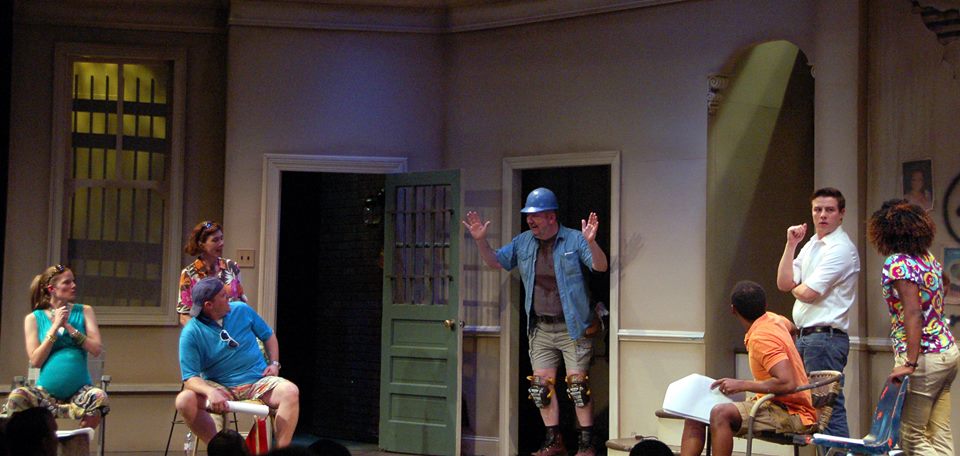On Stage Productions presentsSimple Cindy: A Full Fledged Musical? at their West Columbia location with five more performances June 19-22. This original musical represents a unique collaboration between writer and theatre director Robert Harrelson and his young niece Sydney Porth. About five years ago, Harrelson wrote the book and lyrics for Simple Cindy and offered his then eight-year-old niece the opportunity to compose the music. Just fourteen years old and attending Governor’s School for music this summer, Porth has musical theatre experience well beyond her years.
a unique collaboration between writer and theatre director Robert Harrelson and his young niece Sydney Porth. About five years ago, Harrelson wrote the book and lyrics for Simple Cindy and offered his then eight-year-old niece the opportunity to compose the music. Just fourteen years old and attending Governor’s School for music this summer, Porth has musical theatre experience well beyond her years.
Celebration of youth and emphasis on learning characterize the welcoming theatre community of On Stage Productions. In addition to providing a forum for a young teen composer’s appealing music to be realized in full production, Simple Cindy also features the capable work of a high school student (Ryan Rogers) as the show’s director. The cast of Simple Cindy includes first-time actors as well as youngsters with more extensive theatre backgrounds. All performers are valued and encouraged in this engaging production, as Harrelson and his company of hard-working parents and theatre supporters create potentially life-changing opportunities for young people.
Simple Cindy’s script brings numerous classic tales together; children in the audience will be delighted to recognize familiar characters such as Dorothy, Snow White, Wendy, Goldilocks, Rapunzel, Sleeping Beauty, and more. With the help of an energetic Narrator and a friendly Musician who endeavor to manage the lively characters, Cindy explores “the real story” of her life. Clever revisions to the well-known tale abound, such as silver slippers because “glass is so dangerous.” Families will appreciate the gentle nature of this play that encourages kids to “make a wish with all your heart, and you will see the magic start.” The performers’ sincerity is strong and touching.
Hannah Presor plays the role of Cindy with great charm. She exudes comfortable stage presence during interactions with fellow performers as well as appreciative viewers. (My young daughter eagerly volunteered to follow Cindy onto the stage during an audience participation sequence, and was determined to give Cindy a rose after the show.) Macey Coats shares infectious energy and a lovely singing voice as both the Narrator and the Godmother; she also does fine work as the show’s choreographer. Katie Edelson creates memorable characters as the Musician and Glenda, Olivia Lesniak becomes an expressive Dorothy, and Grace Beasley plays a sweet Wendy. Emma Yankowitz is charming in three roles (Rapunzel, Young Cindy, and Old Lady), while Danielle Mejias (StepMother), Gracie May (Antasheneezia) and Mia Coats (Drowzilla) embrace their outrageous characters with gusto and flair. James Conner Rabon as the Prince communicates volumes with his humorous facial expressions while dancing with the would-be princesses.
The cast also includes Izzie Cruea, Carrissa Mejias, Maddie Cruea, Pierce Mejias, Alana Armstrong, Dominick Campbell, Victoria Harbin, and Brianna Northcutt. Every performer appears confident on stage. Take it from this former drama teacher – that is one remarkable achievement.
Opportunities for audience interaction abound but never overwhelm. Viewers are invited on stage to help open a fairy tale book and later to fold clothes with Cinderella. The friendly Narrator thrilled my six-year-old by giving out invitations to the ball during intermission. Participants can also join the cast photograph following the performance, which was a big deal for my daughter. (Small children will benefit from front row seats, as the sight lines can be challenging for shorter audience members.)
Simple Cindy is a homegrown delight. Harrelson shares that “We try our best to make everyone feel special at our shows,” and the On Stage community succeeds. When the Prince quizzes her on possible identifying characteristics, Cindy responds with the simple and powerful statement “I’m just me.” At On Stage Productions, anyone can be “just me” and feel welcomed, included, and celebrated. During the car ride home following the performance, my daughter confided that On Stage makes her “feel the happiest.” Happily ever after, indeed.
~ Melissa Swick Ellington
Upcoming performances:
Thursday June 19 - 7:30 pm
Friday June 20 - 7:30 pm
Saturday June 21 - 2:30 pm and 7:30 pm
Sunday June 22 - 2:30pm
For more information, visit htp://www.onstagesc.com, or call 803-351-6751. The On Stage Performance Center is located at 680 Cherokee Lane in West Columbia.

